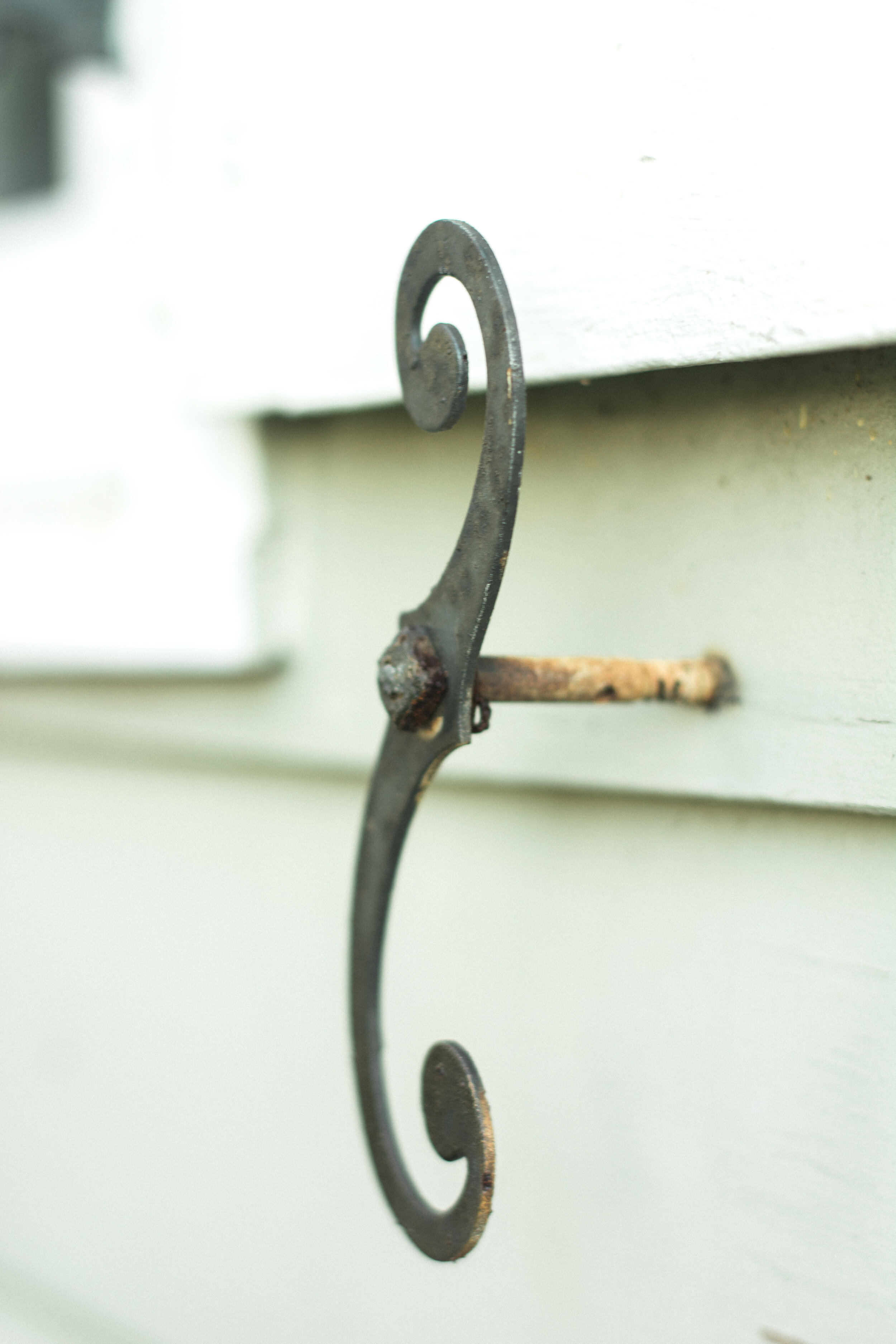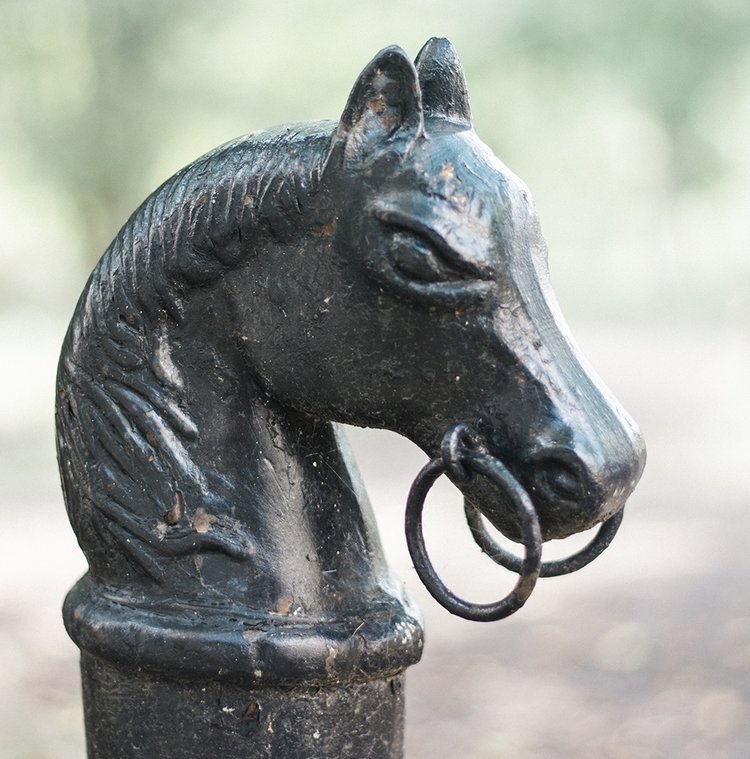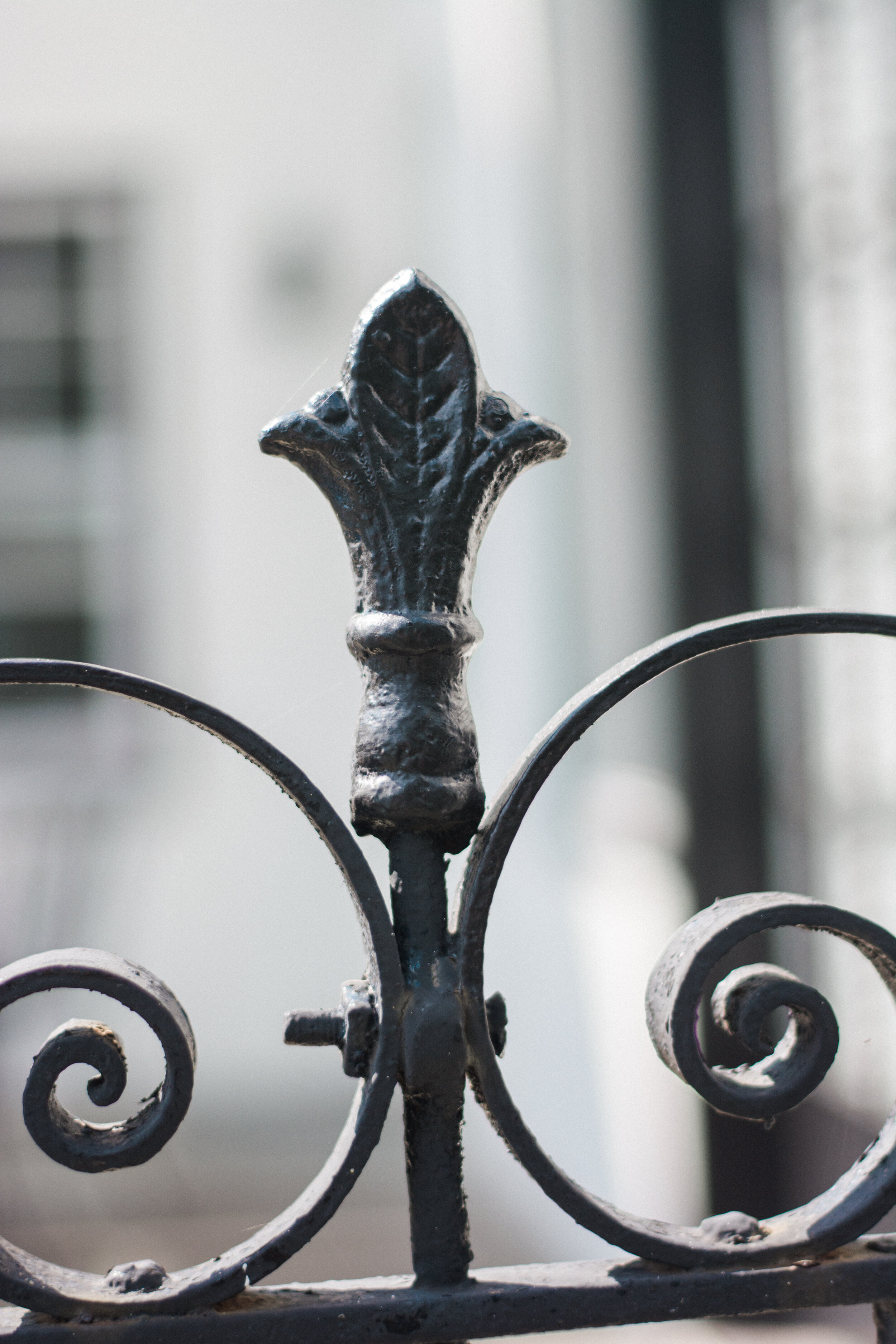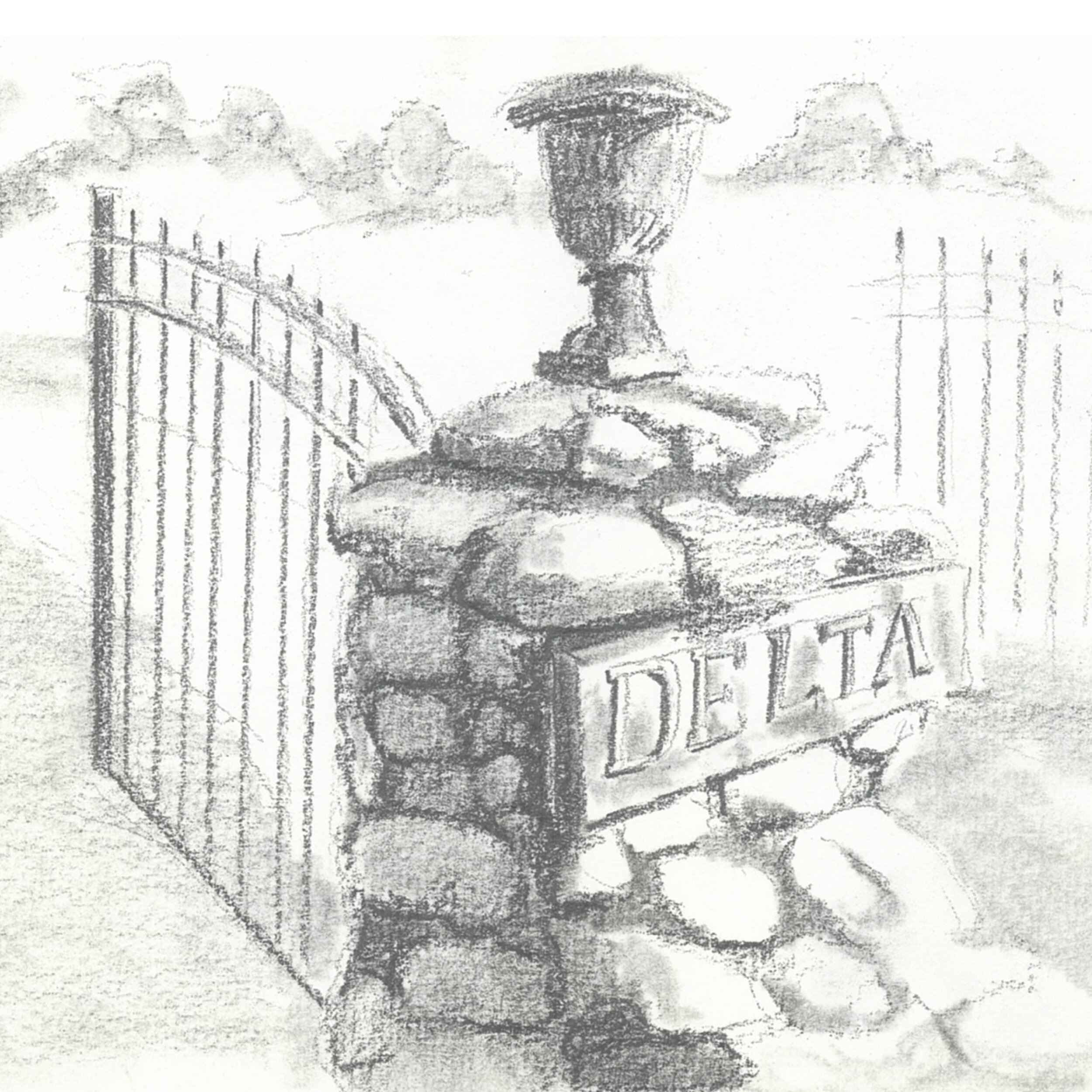Our History
The place we call Meadowkirk has long been associated with respite and renewal, with each chapter of our site’s history pointing to who we are today.
Native Americans once used Meadowkirk’s creekside rock outcroppings as warm shelter in winter. Later, around the time a young surveyor named George Washington passed through the region, our site was on its way to becoming a part of Middleburg, the “town in the middle.” It was in Middleburg – the halfway point in the journey from Alexandria to the Virginia frontier – that travelers could find comfortable lodging, fellowship and rest. It’s hard to imagine a more appropriate origin for Meadowkirk’s modern-day address
By the 19th century our deep agricultural roots had been planted, as “Delta Farm,” whose original Stone House still stands as Meadowkirk’s Welcome Center. Other structures from that period remain as well – including a small schoolhouse, an adjacent structure that may have functioned as a smokehouse, and a coop that now houses Meadowkirk’s winsome flock of ducks.
During the Civil War, fierce action flared all around Middleburg, and it is believed that Delta Farm’s Stone Barn burned twice amid the conflict. Its final rebuilding – and eventual repurposing as Meadowkirk’s signature gathering space – offers quiet testimony to the theme of renewal that is at the heart of our mission.
The 20th century marked another turn in our history, as Delta Farm became a family estate – further complementing our heritage of rural respite and natural beauty. This period culminated in the site’s purchase and transformation into a retreat destination by the National Capital Presbytery – and, in 2013, by its subsequent purchase and repurposing as an ecumenical Christian retreat ministry committed to retaining Meadowkirk as a living, accessible gift to others.
Meadowkirk has grown to host nearly 100 groups annually, providing a welcoming and warm destination for today’s guests.






